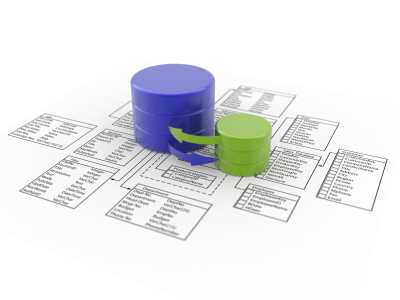A major feature of a database system is to provide users with an abstract view of data i.e. the system hides certain details of how data is stored and maintained. 1) Data Abstraction Data abstraction is the property of showing only the necessary details to a user and hides the rest of the details from that user. Since many database system users are not computer trained, developers hide the complexity from users through several levels of abstraction, to simplify user’s interactions with the system. Physical level – This level describes how data is actually stored in the database. Logical level — This level what data are stored in the database and what relationship exist among those data. The entire database is described to a community of users. The logical level of abstraction is used by Database Administrators (DBA) who must decide what information is to be stored in the database. Continue reading
Management Information Systems
Introduction to Database Concepts
A database is a collection of related data. By data, we mean known facts that can be recorded and that have implicit meaning. For example, consider the names, telephone numbers and addresses of the people we know. A Database Management System (DBMS) is a collection of inter-related data and a set of programs to access those data. The primary goal of a DBMS is to provide an environment that is both convenient and efficient to use in retrieving and storing database information. DBMS is a general purpose software system that facilitates the processes of defining, constructing, manipulating and sharing databases among various users and applications. Defining a database involves specifying the data types, structures and constraints to the data to be stored in the database. The database definition or descriptive information is also stored in the database in the form of a database catalog or dictionary; it is called metadata. Continue reading

